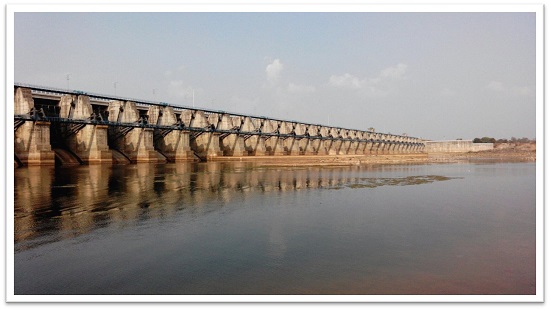
Gosikhurd Irrigation Project: Maharashtra’s Strategic Move to Empower Farmers
In a calculated and forward-looking decision, Maharashtra’s government has approved ₹1,758 crore in grants over the next two financial years to provide concessional electricity for irrigation schemes. The move is not just a welfare measure; it is a recognition that empowering farmers with infrastructure and cost-effective utilities is central to rural prosperity and long-term agricultural resilience.
The state’s 1,789 active irrigation schemes, which collectively irrigate 15 lakh acres, are set to benefit immensely. Farmers will now pay as little as ₹1 per unit for low-tension schemes and ₹1.16 per unit for high-tension schemes, a sharp reduction from the previous ₹5.43 per unit. This is not a short-term relief; it is a strategic intervention aimed at reducing operational costs, enhancing productivity, and enabling sustainable irrigation practices.
Strengthening Rural Agriculture Amid Challenges
Maharashtra’s agricultural landscape is at a critical juncture. Regions like Marathwada and Vidarbha face recurrent droughts, crop losses, and pricing pressures. In such a scenario, every rupee saved on electricity translates into more investable income for farmers, enabling better crop planning, timely sowing, and adoption of modern irrigation techniques.
The decision also coincides with broader rural governance priorities. With elections to 32 zilla parishads and 336 panchayat samitis on the horizon, the state is not just addressing immediate farmer distress—it is signaling a commitment to systematic rural development and inclusive growth.
Gosikhurd Irrigation Project: A Pillar of Agricultural Development
At the heart of this initiative lies the Gosekhurd Dam on the Wainganga River, the centerpiece of the Gosikhurd Irrigation Project. Once fully operational, the project is poised to:
• Provide reliable and timely water supply to vast agricultural areas.
• Enable diversified cropping patterns and better yield management.
• Stabilize rural livelihoods, particularly in regions vulnerable to erratic rainfall.
By pairing concessional electricity with such infrastructure investments, Maharashtra demonstrates visionary governance, where policy, technology, and farmer welfare converge.
Namo Shetkari Mahasanman Nidhi Yojana: Direct Support to Farmers
Alongside this, the state government disbursed ₹1,892 crore under the Namo Shetkari Mahasanman Nidhi Yojana, providing ₹12,000 annually to 9.165 million farmers. This dual approach—reducing input costs while offering direct financial support—reflects a multi-dimensional strategy to strengthen the farming ecosystem.
Strategic Governance for a Resilient Rural Future
Maharashtra’s approach is not about populism; it is about strategic empowerment. By integrating infrastructure projects like the Gosikhurd Irrigation Project with concessional electricity and targeted financial transfers, the state is building a resilient, productive, and future-ready agricultural sector.
In essence, Maharashtra is demonstrating that well-calibrated governance, timely interventions, and farmer-first policies are the cornerstones of sustainable rural development. The Gosikhurd initiative is not just irrigation—it is economic empowerment, social stability, and long-term growth, wrapped into one visionary plan.





